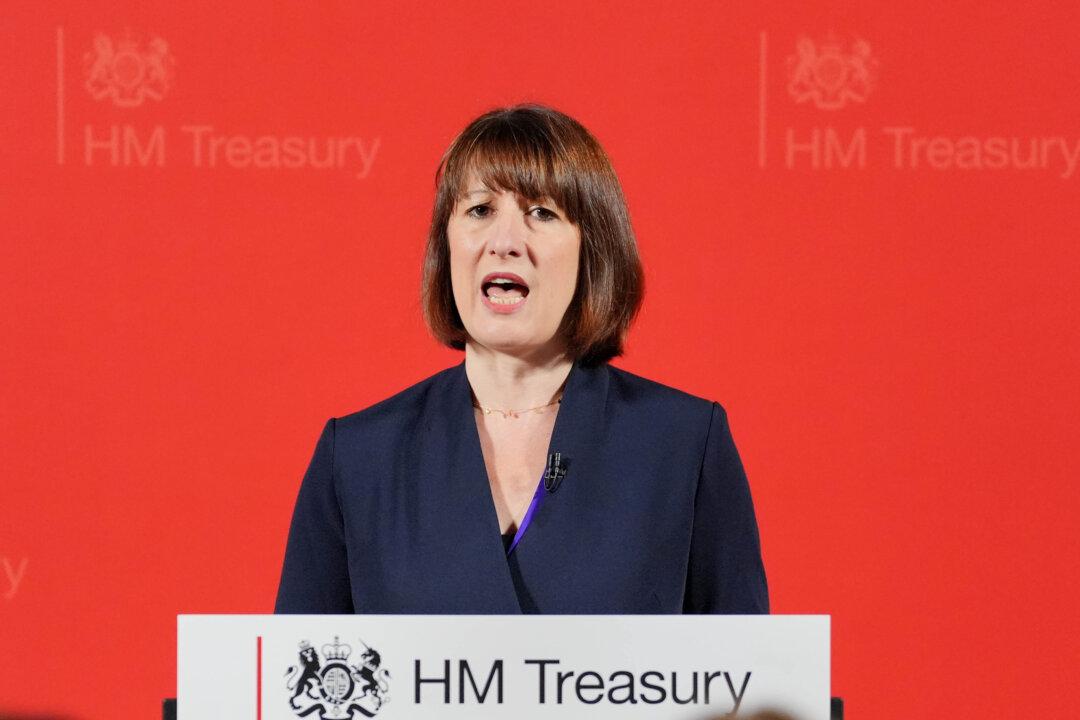The Government could need up to £10 billion to cover public sector pay increases if reports of a 5.5 percent rise prove true, an economist has warned.
Independent pay review bodies are reported to be preparing to recommend such an increase for teachers and around 1.3 million NHS staff, according to The Times, well above the figure the Government is thought to have been preparing for.




